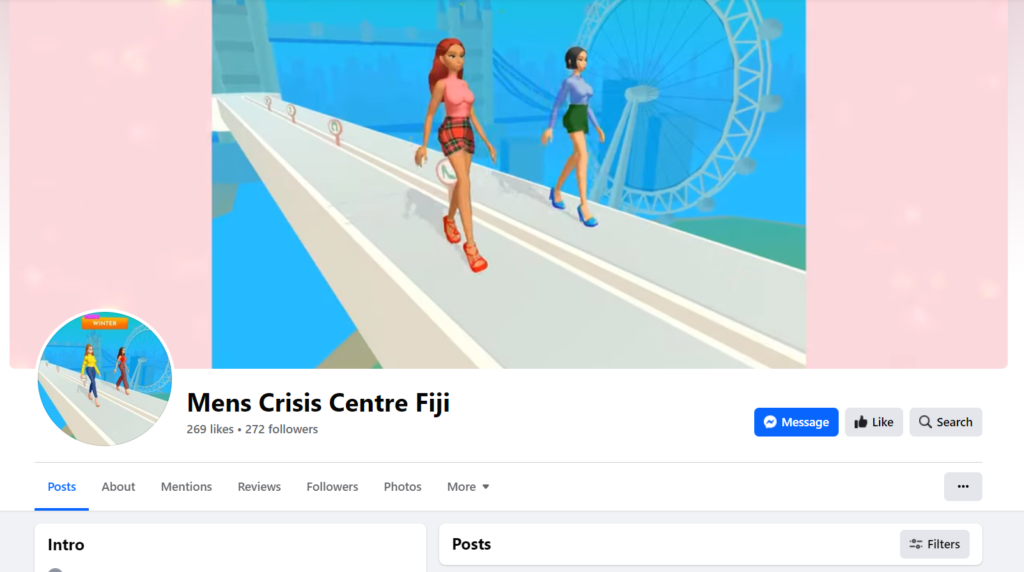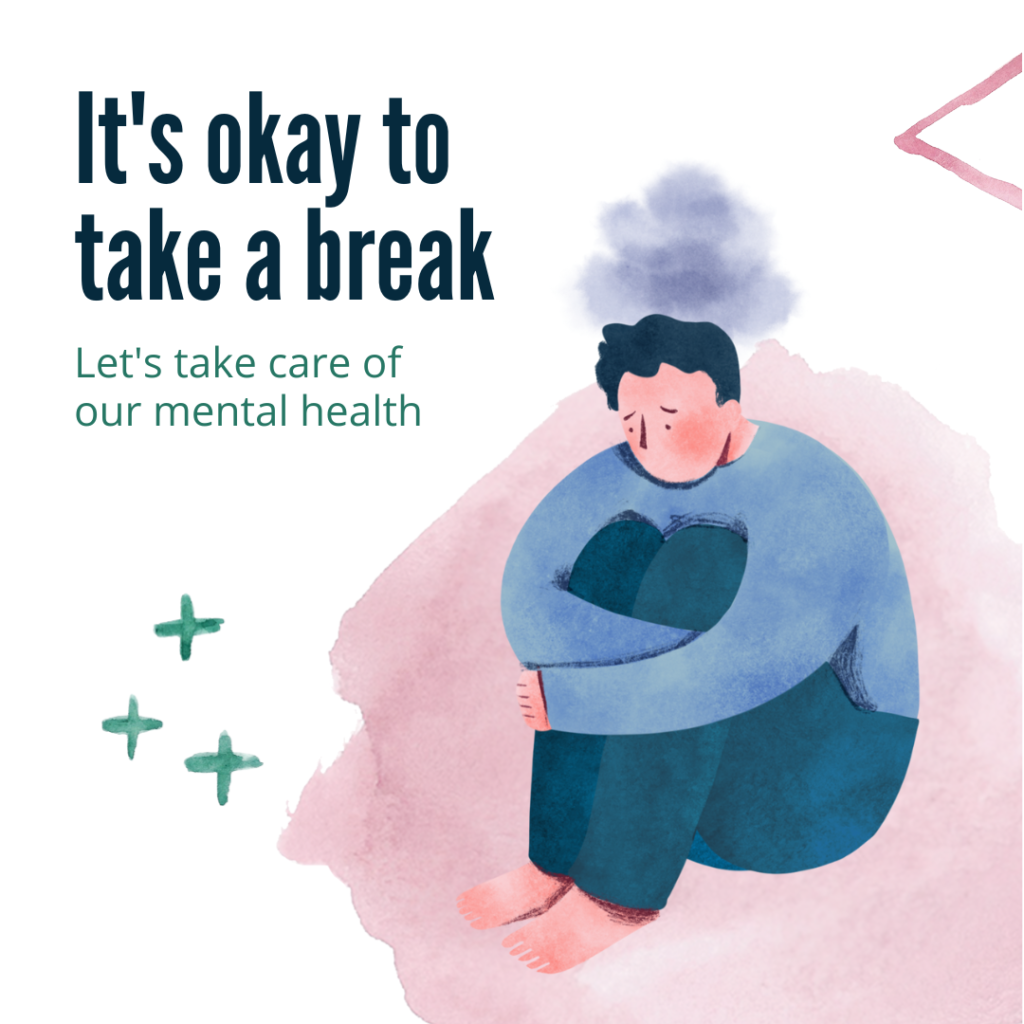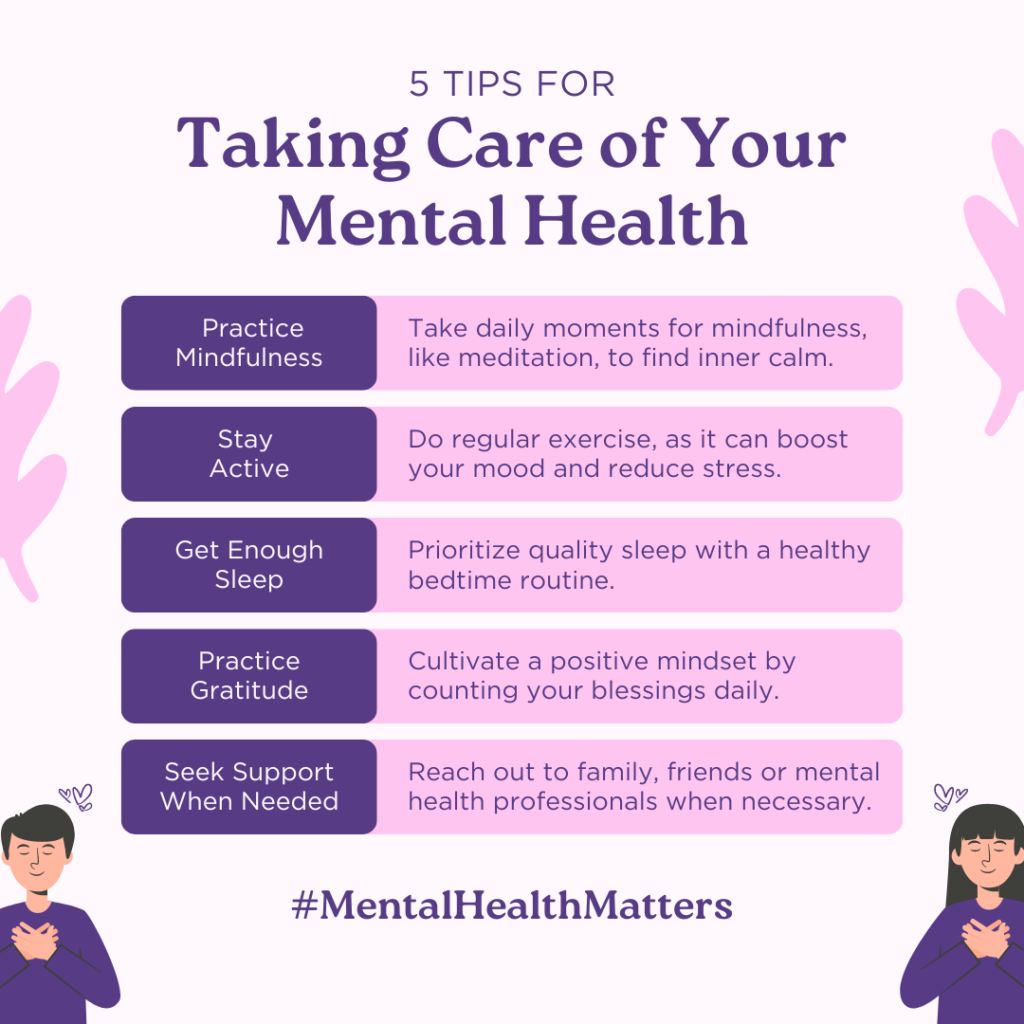Mental health and depression are pervasive issues that affect individuals across the globe, yet in the Pacific region, these problems are often shrouded in silence, particularly among men. The societal expectations and cultural norms within the Pacific often discourage men from expressing vulnerability, leading to an underreporting of mental health struggles and a lack of support systems tailored specifically for them.
The Silent Struggle
In many Pacific societies, men are traditionally seen as the pillars of strength and providers for their families. This societal role often places immense pressure on them to maintain a façade of invulnerability. Men are expected to shoulder financial burdens, support their families, and navigate the challenges of work and life without showing signs of weakness. The pervasive belief that expressing emotional distress equates to a loss of value and strength can lead to men suppressing their feelings, resulting in severe mental health issues.
Lack of Support for Men
While there are numerous support organizations for women, such as women’s crisis centers and helplines like Lifeline, similar support for men is conspicuously absent. Lifeline provides vital services like suicide prevention and counseling support, yet the specific needs of men are often overlooked. The lack of dedicated men’s crisis centers means that men have fewer avenues to seek help when they are overwhelmed by stress and depression.
Mental Health Statistics and the Gender Gap
The statistics paint a stark picture. According to the World Health Organization (WHO), globally, men are less likely than women to seek help for mental health issues, and they have higher suicide rates. In the Pacific, cultural norms exacerbate this issue. It can be observed that men in the region are significantly less likely to access mental health services compared to women.
The Cost of Silence
The cultural expectation for men to remain stoic has significant repercussions. Men who do not seek help for their mental health issues are at a higher risk of developing severe depression, anxiety disorders, and substance abuse problems. The consequences extend beyond individual well-being; untreated mental health issues can affect family dynamics, work productivity, and overall community health.
Men’s Crisis Center?
The comments from the head of the Fiji Women’s Crisis Center, suggesting that there is no need for a men’s crisis center due to a lack of supporting statistics, have sparked frustration among many men. This attitude epitomizes why men often refrain from expressing their feelings; society dismisses their mental health struggles as insignificant because they aren’t statistically highlighted. The dismissal of men’s mental health needs perpetuates a damaging cycle where men feel their pain is irrelevant, forcing them to suppress emotions and continue suffering in silence.
This mentality underscores a significant flaw in our approach to mental health in the Pacific. By only acknowledging the struggles backed by robust statistics, we ignore the silent suffering of countless men who face immense societal pressure to remain stoic. Men, burdened by financial worries, familial responsibilities, and societal expectations, are left without a safe outlet to discuss their struggles. This lack of support not only exacerbates their mental health issues but also fuels a growing resentment as their valid needs are continuously overlooked. This systemic oversight calls for an urgent reevaluation of how we support mental health for all genders, ensuring that no one feels invalidated or ignored (The Fiji Times Article 2016 – read Crisis comments here).

The informal Facebook group “Mens Crisis Centre Fiji” highlights a glaring issue: the absence of formal support systems for men’s mental health in the Pacific. Despite the pressing need, this grassroots effort underscores how men are left to fend for themselves in the face of mental stress and depression. The existence of this group is a testament to the desperation and unaddressed needs of men in the region, who often have nowhere else to turn. It’s a stark reminder that while women’s mental health support structures are rightly emphasized, men’s needs must also be recognized and addressed with equal urgency to prevent further silent suffering.
When men do confront their mental health issues, they often resort to coping mechanisms that can be both harmful and ineffective. Many sit and talk to friends but never fully disclose their deepest struggles, masking the severity of their pain. Others push themselves to physical exhaustion in the gym or through sports, using physical fatigue to momentarily distract from their emotional turmoil. Unfortunately, some turn to alcohol, drinking themselves into oblivion to escape their reality, which can spiral into addiction and further deterioration of mental health. Tragically, when these methods fail, some see suicide as their only way out, driven by a feeling of hopelessness and a lack of accessible support. This spectrum of coping behaviors highlights the urgent need for comprehensive mental health resources tailored specifically for men.
Towards a More Inclusive Approach
Addressing mental stress and depression among men in the Pacific requires a multifaceted approach:
- Raising Awareness: Public health campaigns should aim to destigmatize mental health issues and encourage men to seek help. Highlighting stories of men who have successfully navigated their mental health challenges can provide powerful role models.
- Creating Support Systems: Establishing men’s crisis centers and support groups can provide safe spaces for men to discuss their struggles. These centers can offer counseling, support groups, and resources tailored to the unique needs of men.
- Training Healthcare Providers: Training healthcare providers to recognize and address the signs of depression and mental stress in men can improve early intervention. Culturally sensitive training can help providers understand the specific challenges faced by men in the Pacific.
- Community Involvement: Engaging community leaders and organizations in mental health initiatives can help change cultural perceptions. Community-based programs can provide support and education to men and their families.
Conclusion
Society is changing, and there is a growing expectation for men to be more open and communicative about their emotions. However, within these communications, many men feel misunderstood or not fully acknowledged compared to the issues their female counterparts face. While it is crucial to support women’s mental health and address their struggles—acknowledging the tragic and severe cases that demand attention—this should not come at the cost of sidelining men’s mental health needs. Addressing the root causes of men’s mental health issues and providing the necessary support can foster a more inclusive and understanding culture. This holistic approach benefits everyone, as creating an environment where men feel supported and heard can also enhance mutual understanding and support within relationships, ultimately benefiting women as well. By ensuring that mental health resources and support systems are available and effective for all genders, we can build a more empathetic and resilient society.
The journey towards better mental health for men in the Pacific is long overdue. By acknowledging the unique challenges faced by men and creating supportive environments, we can begin to address the silent epidemic of mental stress and depression. Everyone deserves the opportunity to seek help and find healing, regardless of gender. It’s time to break the silence and build a culture that values mental well-being for all.
Help in Fiji: Empower Pacific operates a 24/7 toll free counselling help line 5626 that can be accessed by the public during time of need through both Vodafone and Digicel platforms.



